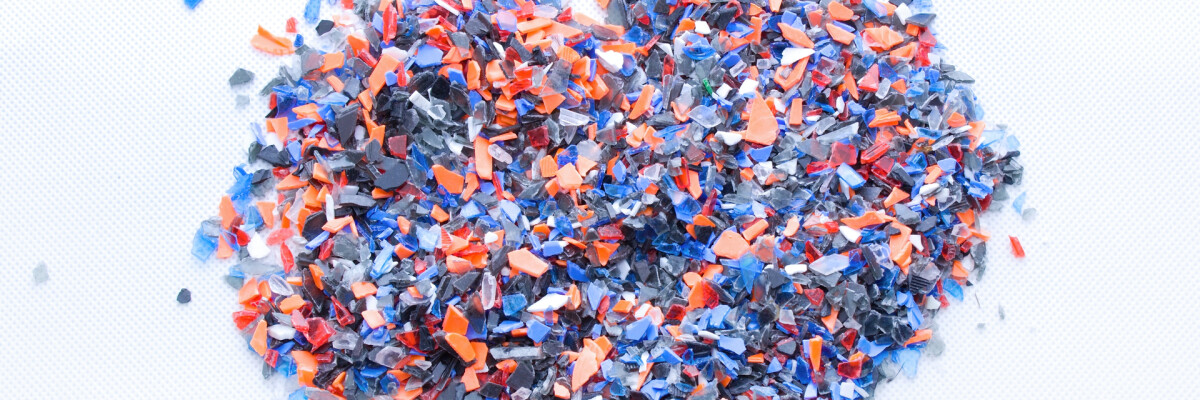It is virtually impossible to imagine the current world without plastic. It is almost ubiquitous: plastic is used in food production, everyday items, and even clothing.
The damage plastic is causing to the environment is a global problem for the environment. However, scientists have recently discovered that plastic is also toxic to humans.
Scientists from the Free University of Amsterdam found that microplastic particles can enter organs through the bloodstream. Blood samples from 22 healthy adult donors were analyzed during the research, and 17 (80%) had microplastics.
Currently, it is still unclear exactly how this affects health. Still, the negative impact could be significant: microplastics have been discovered in the placenta of many pregnant women. Since microplastics can bind to the cell membranes of red blood cells, limiting their ability to carry oxygen, the fetus of these women was exposed to hypoxia.
According to Dutch scientists, babies fed from plastic bottles have higher levels of microplastics in their blood 10 times higher than adults, since they absorb a multitude of microparticles in their milk. All of this makes us consider the consequences of using plastic not just for our environment but also for the health of future generations. Indeed, according to scientists, plastic microparticles are highly likely to modify the structure of our cells and metabolism, thereby causing cancer.
Share this with your friends!





Be the first to comment
Please log in to comment